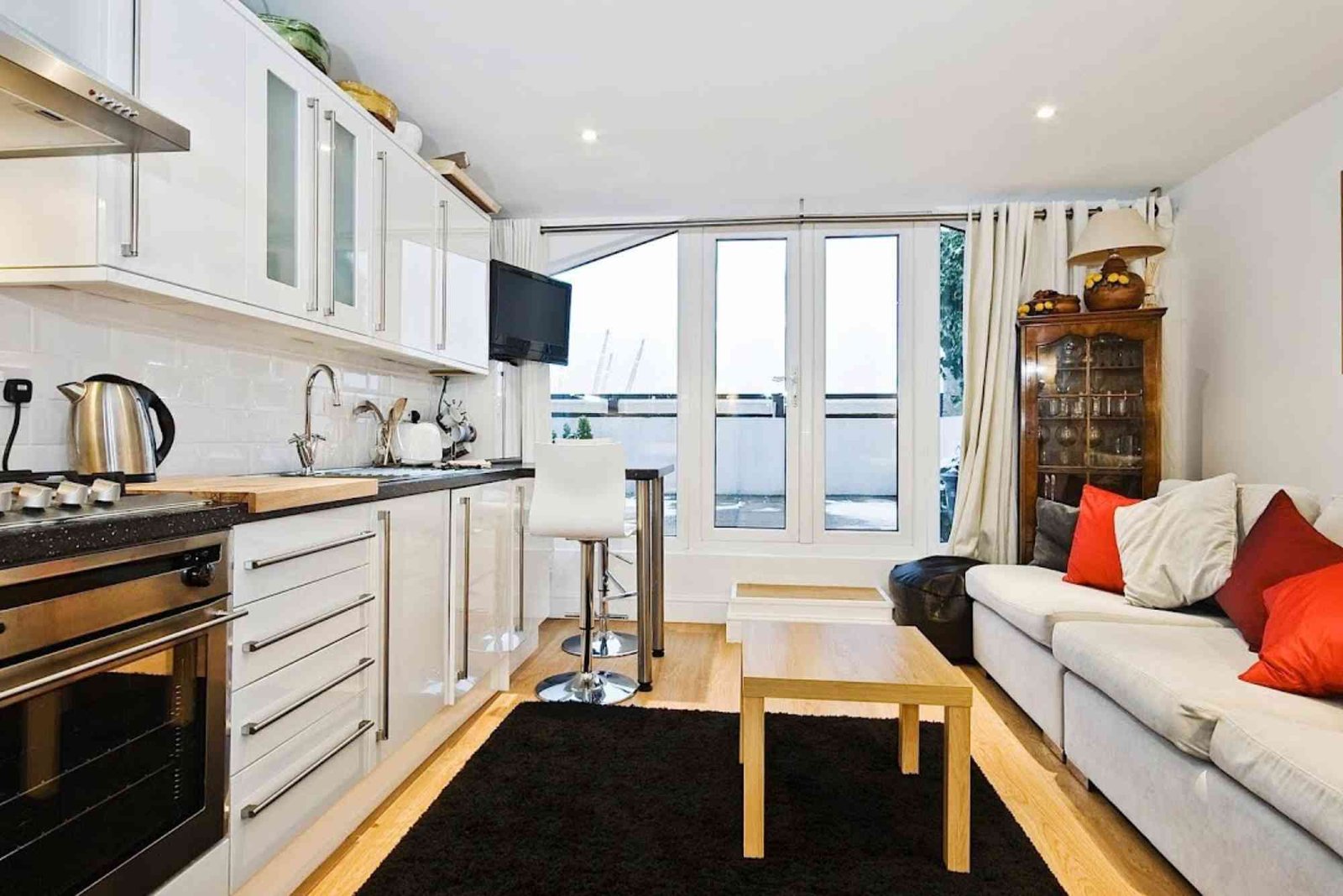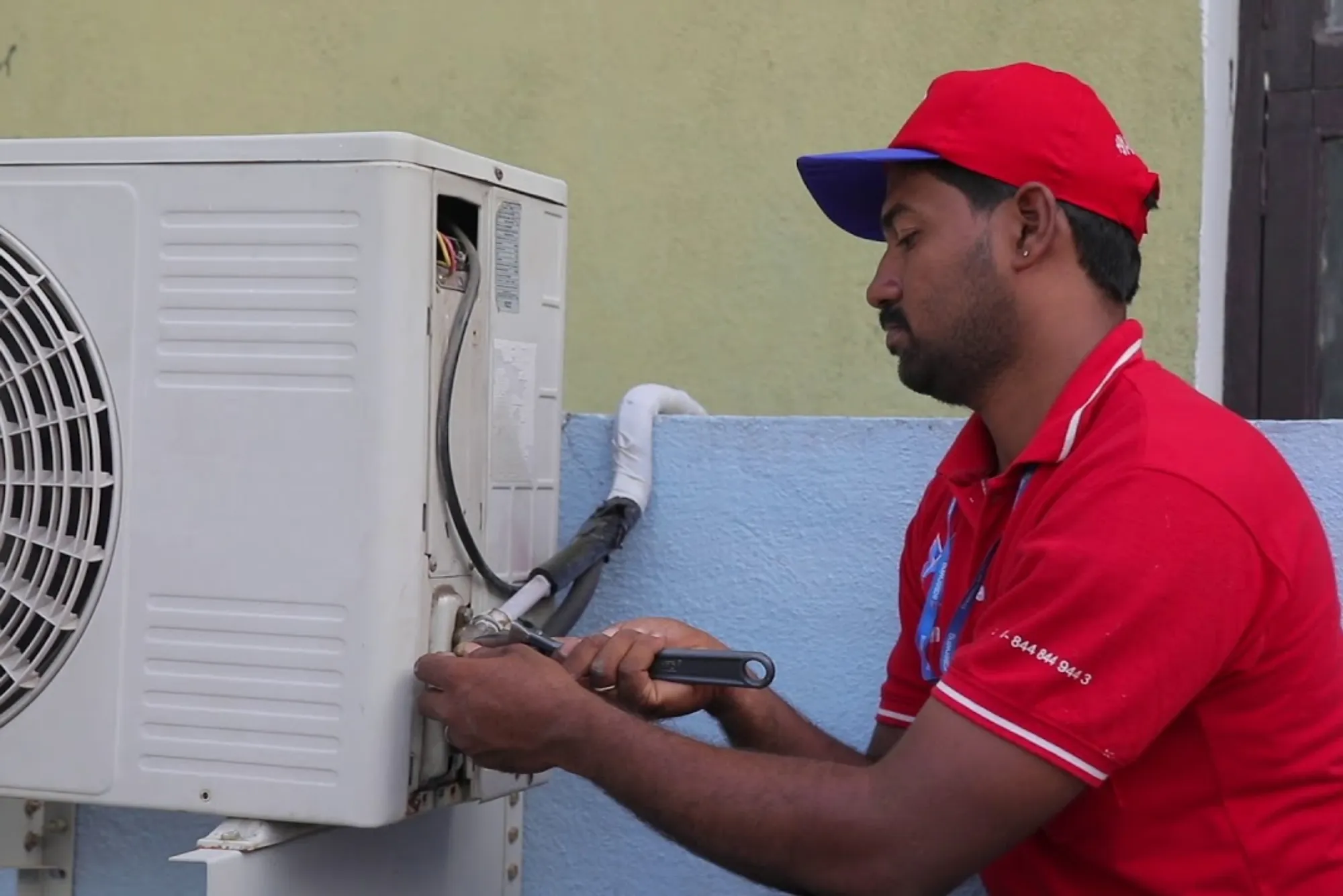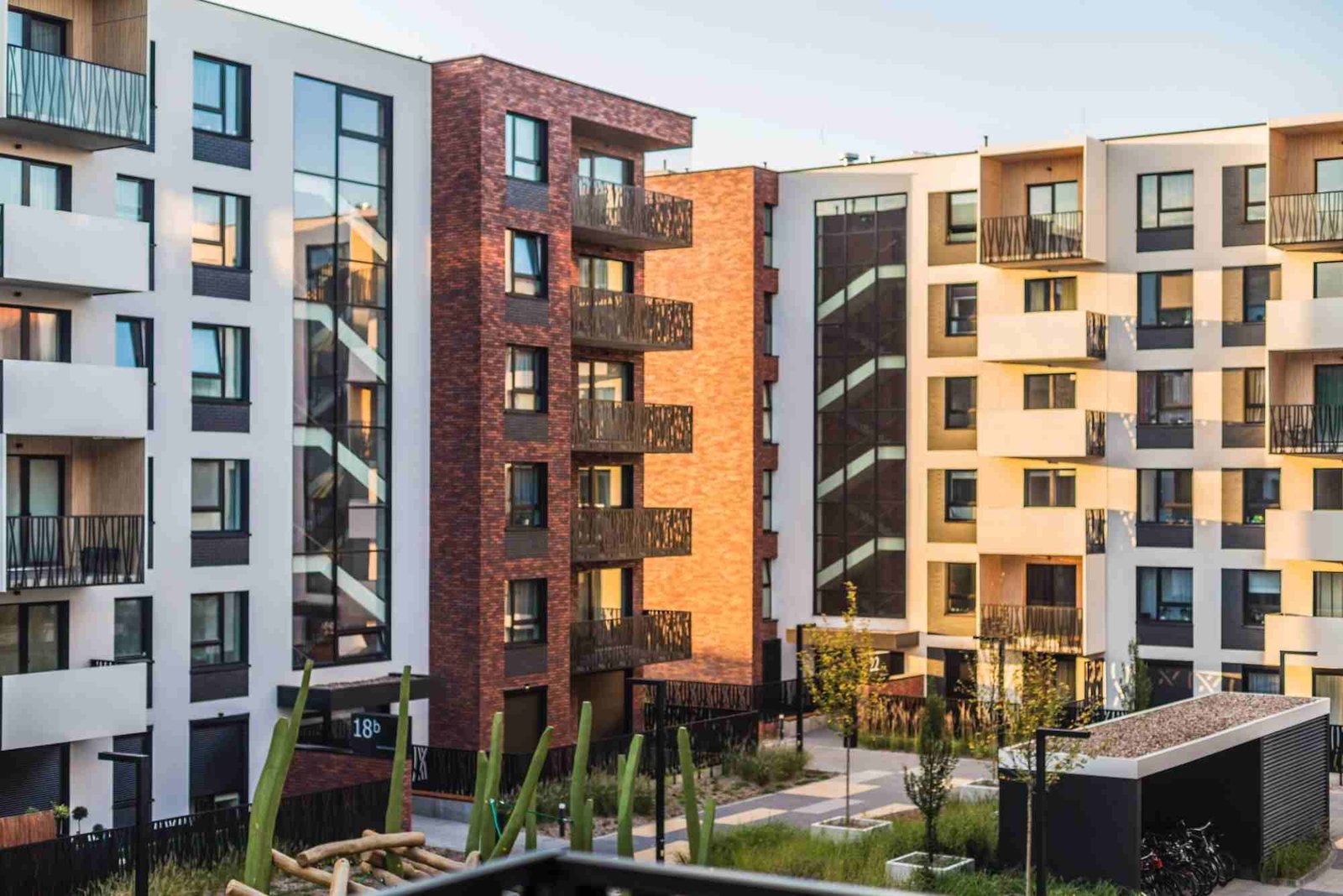The United Arab Emirates (UAE) is a global hub for business, tourism, and expatriate living, attracting millions seeking opportunities in its vibrant economy. For those planning to live, work, or invest in the UAE, obtaining a residency visa UAE is a critical step. This comprehensive guide explores the process, requirements, types, and costs associated with securing a residency visa UAE in 2025, ensuring you have the knowledge to navigate the system effectively.
What is a Residency Visa UAE?
A residency visa UAE allows foreign nationals to live in the UAE for an extended period, typically tied to employment, investment, property ownership, or family sponsorship. Unlike a tourist visa, which permits short stays, a residency visa grants legal permission to reside, work, or study in the UAE for one to ten years, depending on the visa type. The UAE government has streamlined the process in recent years, introducing flexible options like the Golden Visa and Green Visa to attract talent and investors.
Types of Residency Visas in the UAE
The UAE offers several residency visa options tailored to different purposes. Below are the primary categories available in 2025:
1. Employment-Based Residency Visa
This is the most common type of residency visa UAE, issued to expatriates employed by UAE-based companies. Sponsored by the employer, this visa is typically valid for one to three years and renewable. Requirements include:
A valid employment contract.
A medical fitness test.
Emirates ID registration.
Proof of accommodation (e.g., tenancy contract).
2. Investor or Business Visa
Investors establishing a business or investing in the UAE economy can apply for an investor visa. The minimum investment threshold varies by emirate but often starts at AED 500,000 for mainland businesses. Free zone businesses may have lower requirements. This visa is renewable every three years and requires:
Proof of investment or business setup.
A valid trade license.
Financial statements or bank guarantees.
3. Property Ownership Visa
Purchasing property in the UAE can qualify you for a residency visa. In 2025, buying a property worth AED 750,000 or more in certain emirates, like Dubai or Abu Dhabi, grants a two-year renewable visa. For properties valued over AED 2 million, a five-year visa may be available. Requirements include:
Property ownership documents.
A no-objection certificate (NOC) from the developer.
A clean criminal record.
4. Golden Visa
Introduced to attract high-net-worth individuals, professionals, and talents, the Golden Visa offers long-term residency (5–10 years). Eligible applicants include investors, entrepreneurs, scientists, doctors, and artists. Key requirements:
Investment of AED 2 million or more (for investors).
Proof of exceptional achievements (for professionals).
A recommendation letter (for certain categories).
5. Green Visa
The Green Visa, launched in 2022, targets skilled professionals, freelancers, and self-employed individuals. Unlike traditional visas, it does not require employer sponsorship, offering greater flexibility. Validity ranges from three to five years. Requirements include:
Proof of self-employment or freelance permits.
A minimum annual income (varies by emirate).
Educational qualifications or work experience.
6. Family Sponsorship Visa
Residents with a valid residency visa UAE can sponsor their immediate family members (spouse, children, or parents). The sponsor must meet a minimum salary threshold (typically AED 4,000–10,000, depending on the emirate) and provide:
Marriage or birth certificates (attested).
Proof of accommodation.
A medical fitness test for dependents.
Step-by-Step Process to Obtain a Residency Visa UAE
Securing a residency visa UAE involves several steps, which may vary slightly depending on the visa type and emirate. Here’s a general overview of the process in 2025:
Step 1: Entry Permit
Before applying for a residency visa, you need an entry permit (also called an entry visa). This is issued by your sponsor (employer, family member, or free zone authority) through the General Directorate of Residency and Foreigners Affairs (GDRFA) or the Federal Authority for Identity, Citizenship, Customs, and Port Security (ICP). Required documents include:
Passport copy (valid for at least six months).
Passport-sized photographs.
Proof of purpose (e.g., employment contract or investment proof).
Step 2: Medical Fitness Test
Once in the UAE, applicants must undergo a medical fitness test at an approved health center. This includes blood tests and a chest X-ray to screen for communicable diseases like tuberculosis. Results are submitted electronically to the authorities.
Step 3: Emirates ID Registration
The Emirates ID is a mandatory identification card for all UAE residents. Apply through an authorized typing center or online via the ICP portal. You’ll need:
A completed application form.
Entry permit details.
Passport and photo.
Step 4: Visa Stamping
After passing the medical test and obtaining an Emirates ID, your residency visa is stamped in your passport. This step finalizes your legal residency status. Processing times typically range from 5–10 working days.
Step 5: Additional Requirements
Depending on the visa type, you may need to provide:
A tenancy contract or proof of accommodation.
Attested educational certificates (for professionals).
A security deposit (for investors).
Costs Associated with a Residency Visa UAE
The cost of a residency visa UAE varies based on the visa type, emirate, and processing method (standard or express). Below is an estimated breakdown for 2025:
Entry Permit: AED 500–1,500.
Medical Fitness Test: AED 300–500.
Emirates ID: AED 100–370 (depending on validity).
Visa Stamping: AED 500–2,000.
Sponsorship Fees: AED 1,000–5,000 (for family or investor visas).
Additional costs may include document attestation, translation, and typing center fees. Express processing can add AED 500–1,000 to the total.
Tips for a Smooth Application Process
Verify Document Requirements: Ensure all documents are attested and translated into Arabic if required. Check with the relevant authority (GDRFA or ICP) for specific guidelines.
Choose the Right Visa Type: Select a visa that aligns with your goals (e.g., employment, investment, or family reunification).
Work with Authorized Centers: Use government-approved typing centers or online portals to avoid scams or delays.
Plan for Renewals: Keep track of your visa’s validity and start the renewal process 30–60 days before expiry.
Stay Updated on Regulations: UAE visa policies evolve rapidly. Check official websites like icp.gov.ae or gdrfad.gov.ae for the latest updates.
Common Challenges and Solutions
Document Rejection: Incomplete or unverified documents can delay your application. Double-check attestation and translation requirements.
Medical Test Failures: Certain health conditions may lead to visa denial. Consult with a medical professional if you have concerns.
Sponsorship Issues: Ensure your sponsor (employer or family member) meets the eligibility criteria to avoid complications.
Why Choose the UAE for Residency?
The UAE offers a tax-free environment, world-class infrastructure, and a high quality of life, making it an attractive destination for expatriates. With initiatives like the Golden and Green Visas, the UAE continues to simplify the residency process, fostering a welcoming environment for global talent and investors.
Conclusion
Obtaining a residency visa UAE in 2025 is a straightforward yet meticulous process that requires careful planning and adherence to regulations. Whether you’re an employee, investor, or family member, understanding the visa types, requirements, and costs is essential for a successful application. By following the steps outlined in this guide and staying informed about UAE policies, you can secure your residency and unlock the opportunities this dynamic country offers.
For the latest information or personalized assistance, visit official UAE government portals or consult with authorized visa processing centers. Start your journey to UAE residency today!












